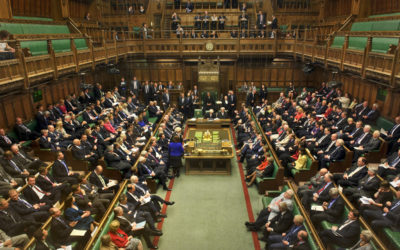ForcesWatch response to the Ministry of Defence’s statement about The Last Ambush, 28 October 2013
ForcesWatch
In response to The Last Ambush report, the Ministry of Defence has issued a statement containing some claims that are either inaccurate or not relevant to the report’s findings. Here we respond to each claim in turn.
MoD: The report ignores the benefits of a military career, such as education, training and employment.
The report does not explore these questions because that is not its purpose, which is to review the available research on mental health problems in the armed forces.
MoD: Independent research shows the rates of PTSD are similar to rates in the civilian population and the rates of suicide are actually lower.
The most recent study of Iraq and Afghanistan war veterans across all branches, roles, ranks and ages found a rate of PTSD of 4.2%. The rate found in the general population in England in the most authoritative study available found a rate of 3.0%, or 2.7% if adjusted to reflect the gender profile of the armed forces, which provides a more appropriate comparison. The military rate is therefore appreciably higher than that in the general population.
The in-service suicide rate is indeed lower than that in the general population, but the long-term suicide rate among veterans who have left the armed forces is about the same as in the rest of the population, which is what the report says.
Government statistics showing the average prevalence of mental health problems in the armed forces mask the much greater burden that certain groups shoulder, particularly young people from adverse backgrounds and those who have left the forces in the last decade. For example, alcohol problems (harmful levels of drinking) among young military personnel are three times as common as among young civilians; the long-term suicide rate among young ex-forces personnel is also three times as high. The rate of PTSD among Iraq War veterans who joined the forces without GCSEs has been twice that of those whose highest educational attainment was at A Level. The rate of PTSD among Iraq/Afghanistan veterans who left the forces in the last decade has been found to be 9.2% – more than three times the 2.7% rate among civilians just mentioned. Groups with relatively better mental health include commissioned officers, RAF/Navy personnel, and those who have spent little or no time near the front line of battle.
For sources and detail, see pages 18-29 of The Last Ambush.
MoD: No-one under the age of 18 may enlist without parental consent.
This is true, but not relevant to the report.
See more: legislation & policy, recruitment age, risks, ForcesWatch










